We love maps. Since you’re reading that post you must be a map addict as well. Our spatial obsession makes us not only make maps, use maps, play with maps and write about them. We also love reading books about location and cartography.
Below you’ll find 10 books and atlases which should have on your map shelf:
Atlas of design
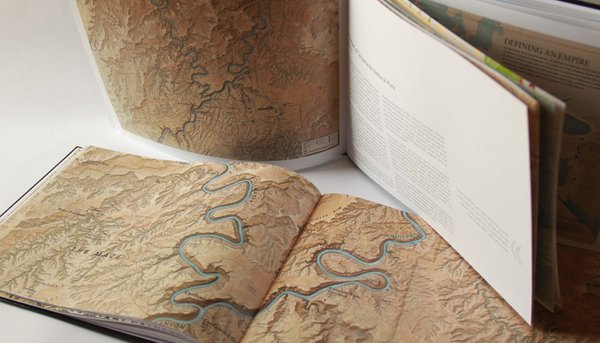
Atlas of design is one of the best collection of the world’s most beautiful and intriguing cartographic design. There are already two editions of the atlas, each features 32 maps from all around the world. At the price of $35 is something that you should own.
Map: Exploring the World
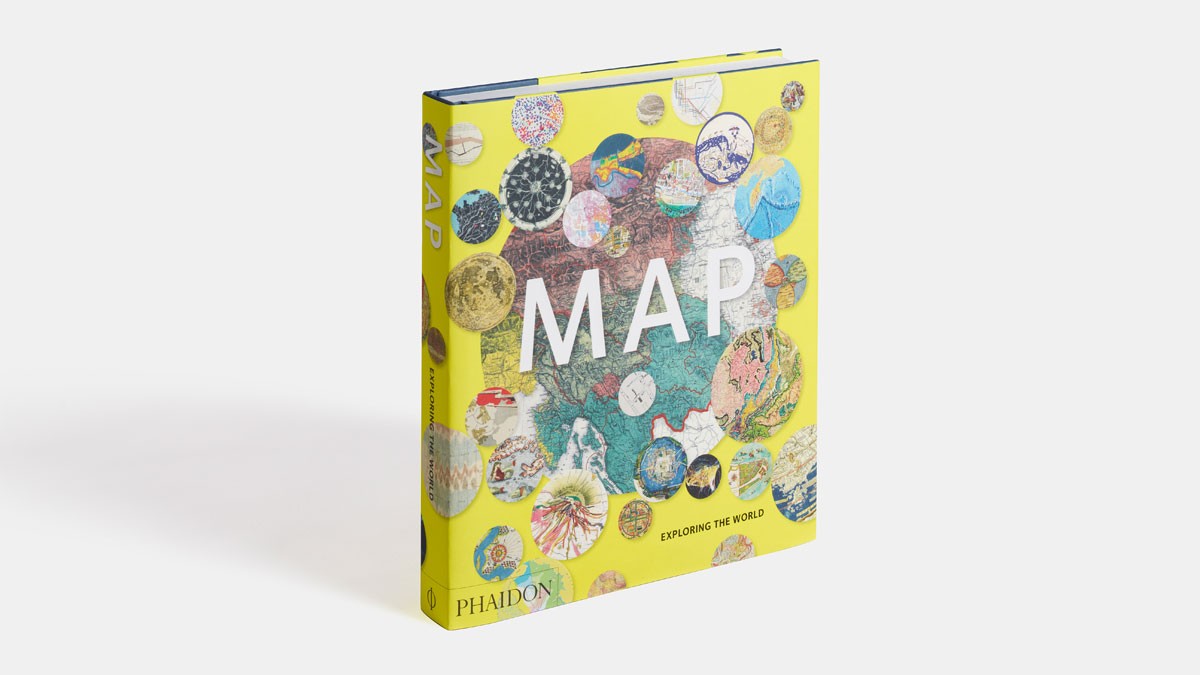 Map: Exploring the World is a unique collection of over 300 maps from different times. Selected by an international panel of curators, academics and collectors, the maps reflect the many reasons people make maps, such as to find their way, to assert ownership, to record human activity, to establish control, to encourage settlement, to plan military campaigns or to show political power. You can buy it for $35 on Amazon.
Map: Exploring the World is a unique collection of over 300 maps from different times. Selected by an international panel of curators, academics and collectors, the maps reflect the many reasons people make maps, such as to find their way, to assert ownership, to record human activity, to establish control, to encourage settlement, to plan military campaigns or to show political power. You can buy it for $35 on Amazon.
The Map as Art: Contemporary Artists Explore Cartography
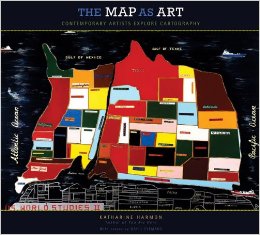 “Cartography is a ridiculously awesome/interesting topic. For designers it begs the question of style vs. substance when relaying different kinds of geographical data. This book does a wonderful job at addressing it.” You can find it on Amazon for $22.
“Cartography is a ridiculously awesome/interesting topic. For designers it begs the question of style vs. substance when relaying different kinds of geographical data. This book does a wonderful job at addressing it.” You can find it on Amazon for $22.
Map Addict: A Tale of Obsession, Fudge & the Ordnance Survey
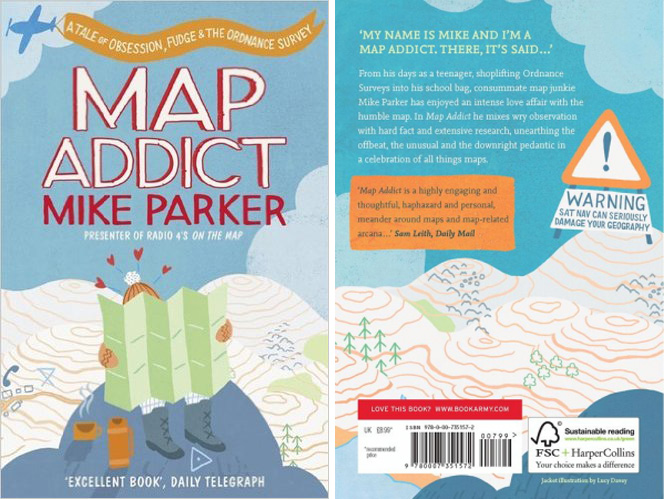
“Map addict” by Mike Parker is a light-hearted story about British cartography which looks at some iconic maps and explores the broader history, politics, and psychology of maps and mapping. The author combines cartographic history and trivia with memoir and oblique observation to create a highly readable exposé of the world of maps. You can find it on Amazon for less that $15 and you should definitely add it to your book shelf.
Strange Maps: An Atlas of Cartographic Curiosities
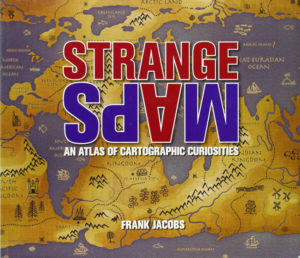 An intriguing and unique collection of 138 maps, blending art, history, and pop culture for a unique atlas of humanity. All featured maps are out-of-the-ordinary and surprising. You will love it. You can buy it on Amazon for close to $20.
An intriguing and unique collection of 138 maps, blending art, history, and pop culture for a unique atlas of humanity. All featured maps are out-of-the-ordinary and surprising. You will love it. You can buy it on Amazon for close to $20.
[td_smart_list_end]






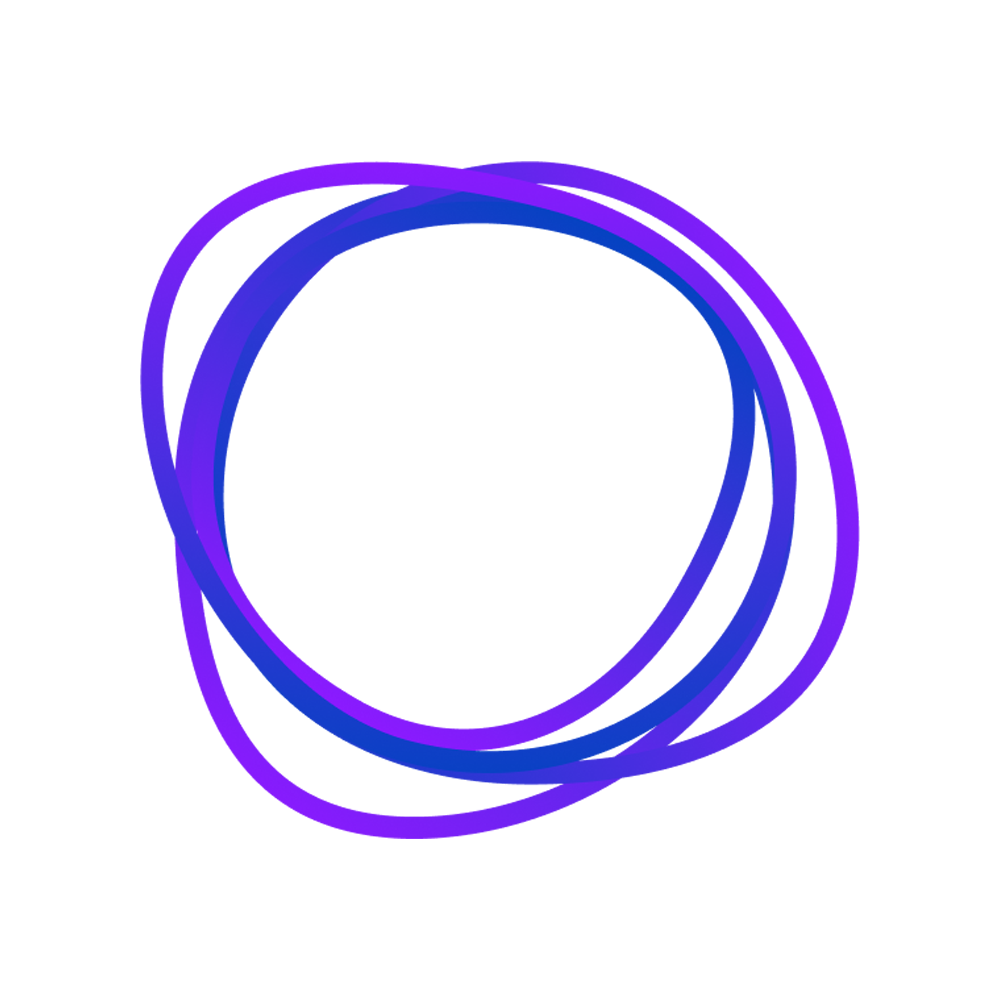
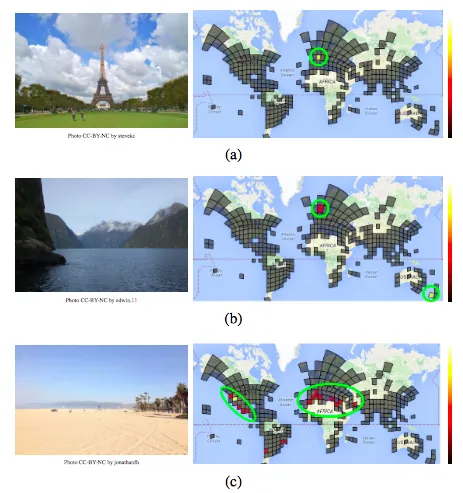
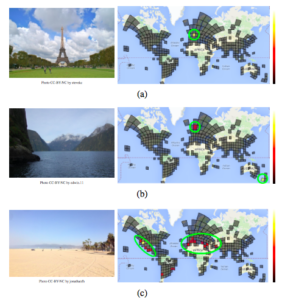 Google knows about us more than we know about ourselves. It’s a little bit creepy but it’s true. The company had long been tracking our location with the service called
Google knows about us more than we know about ourselves. It’s a little bit creepy but it’s true. The company had long been tracking our location with the service called